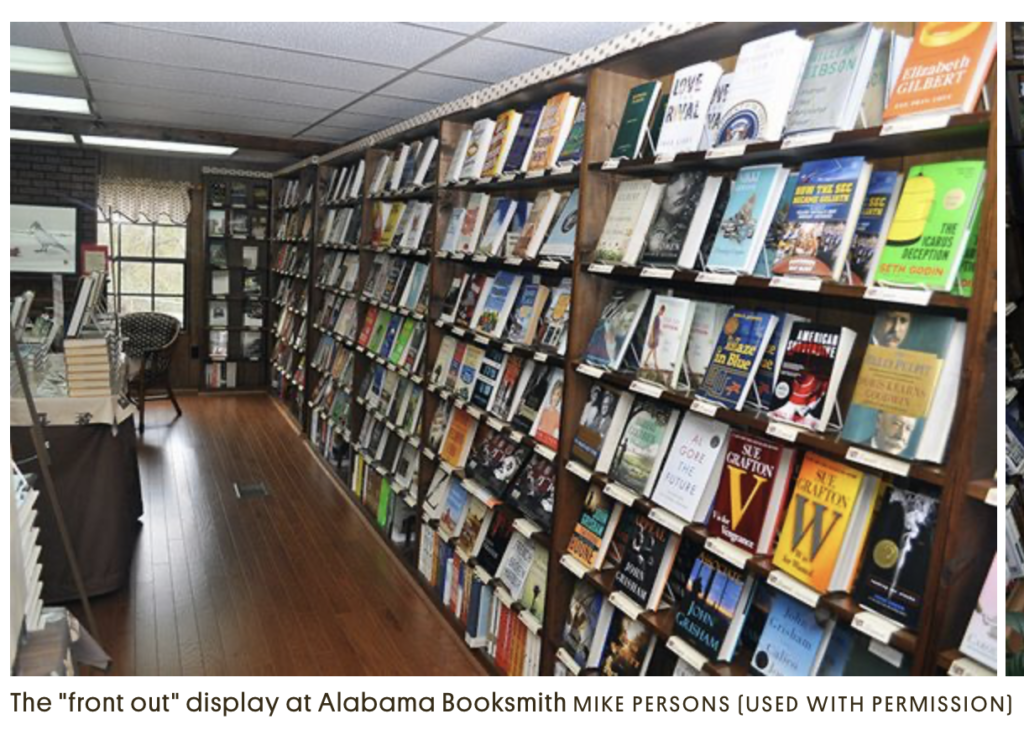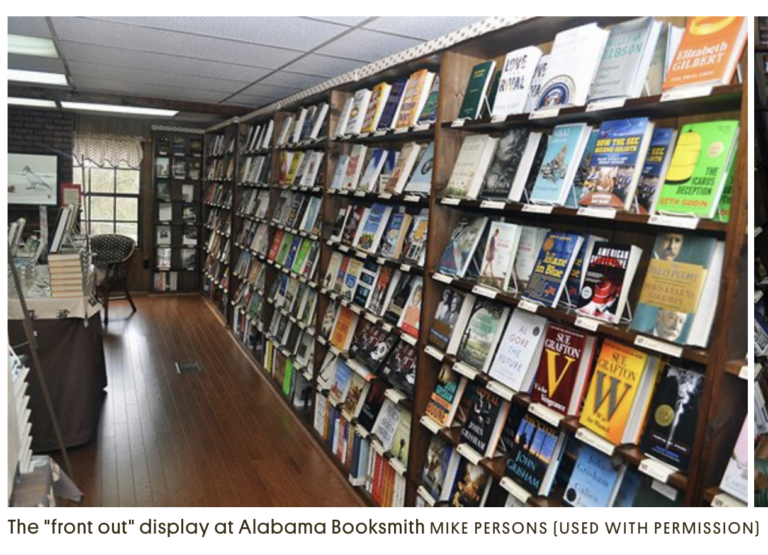In the 21st century, the world has seen a surge in thought leaders who have shaped the way we think, act, and perceive the world around us. From business gurus to social activists, these individuals have made a significant impact on society through their non-fiction works. Let’s explore some of the most influential thought leaders of the 2000s.
1. Malcolm Gladwell
Malcolm Gladwell is a Canadian journalist and author known for his insightful books that challenge conventional wisdom. His best-selling books, such as “The Tipping Point” and “Outliers,” have sparked discussions on topics ranging from social psychology to success. Gladwell’s ability to blend storytelling with research has made him a prominent figure in the world of non-fiction.
2. Sheryl Sandberg
Sheryl Sandberg, the Chief Operating Officer of Facebook, gained recognition for her book “Lean In: Women, Work, and the Will to Lead.” In this book, Sandberg addresses gender inequality in the workplace and offers practical advice for women to advance their careers. Her advocacy for women’s empowerment has inspired many to strive for leadership roles.
3. Yuval Noah Harari
Yuval Noah Harari, an Israeli historian and author, rose to fame with his book “Sapiens: A Brief History of Humankind.” Harari’s thought-provoking exploration of human history and evolution has captivated readers worldwide. His ability to distill complex ideas into accessible narratives has earned him a reputation as a leading intellectual.
Key Takeaways:
- Thought leaders in the 2000s have challenged conventional wisdom and sparked important conversations.
- The blend of storytelling and research has been a common trait among influential non-fiction authors.
- Topics such as social psychology, gender equality, and human history have been prominent themes in thought leadership.

In conclusion, the thought leaders of the 2000s have played a crucial role in shaping our understanding of the world. Through their non-fiction works, they have inspired change, challenged norms, and sparked important discussions. As we move forward, it is essential to continue engaging with the ideas put forth by these influential individuals to drive progress and innovation.
































+ There are no comments
Add yours